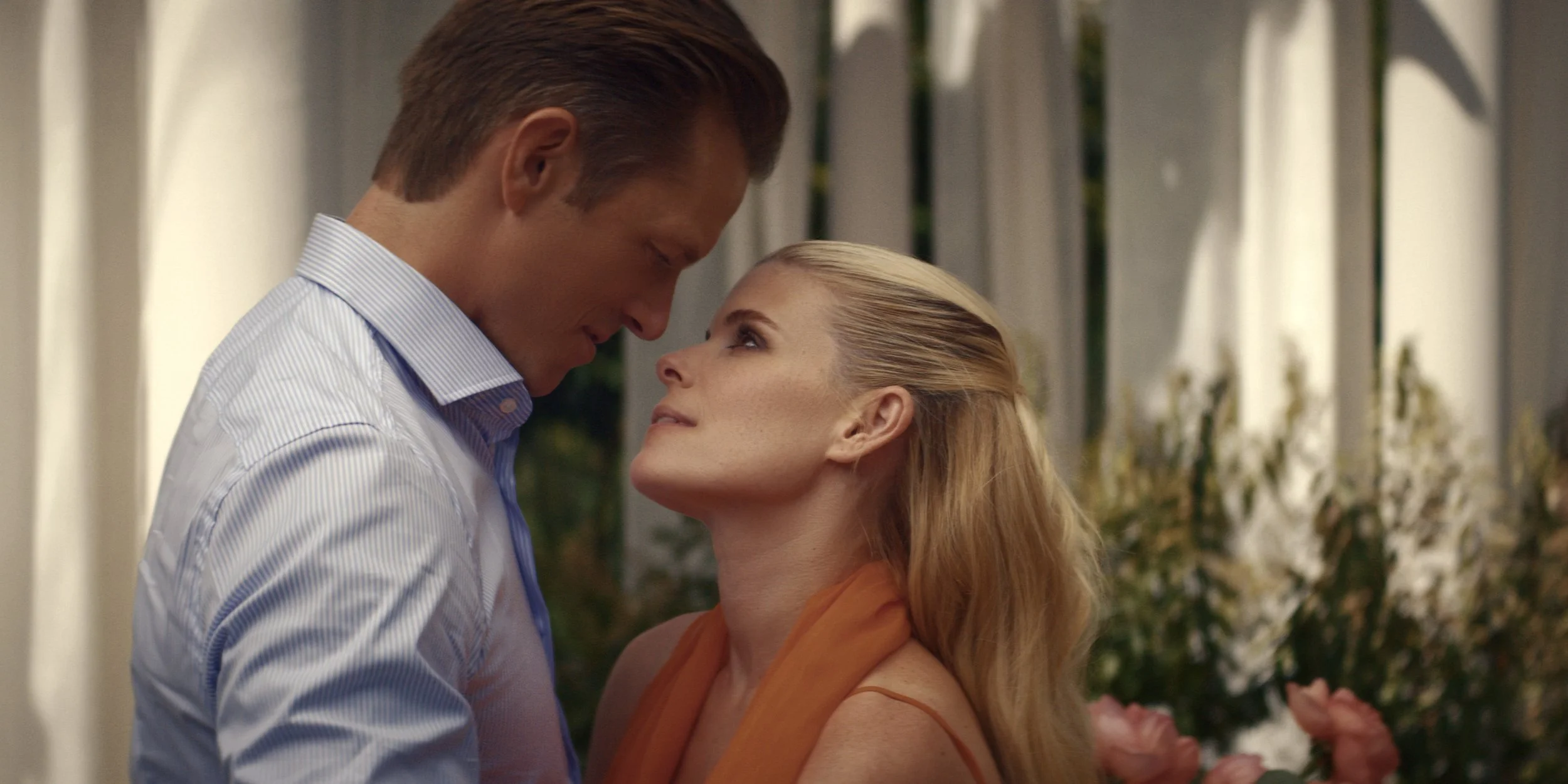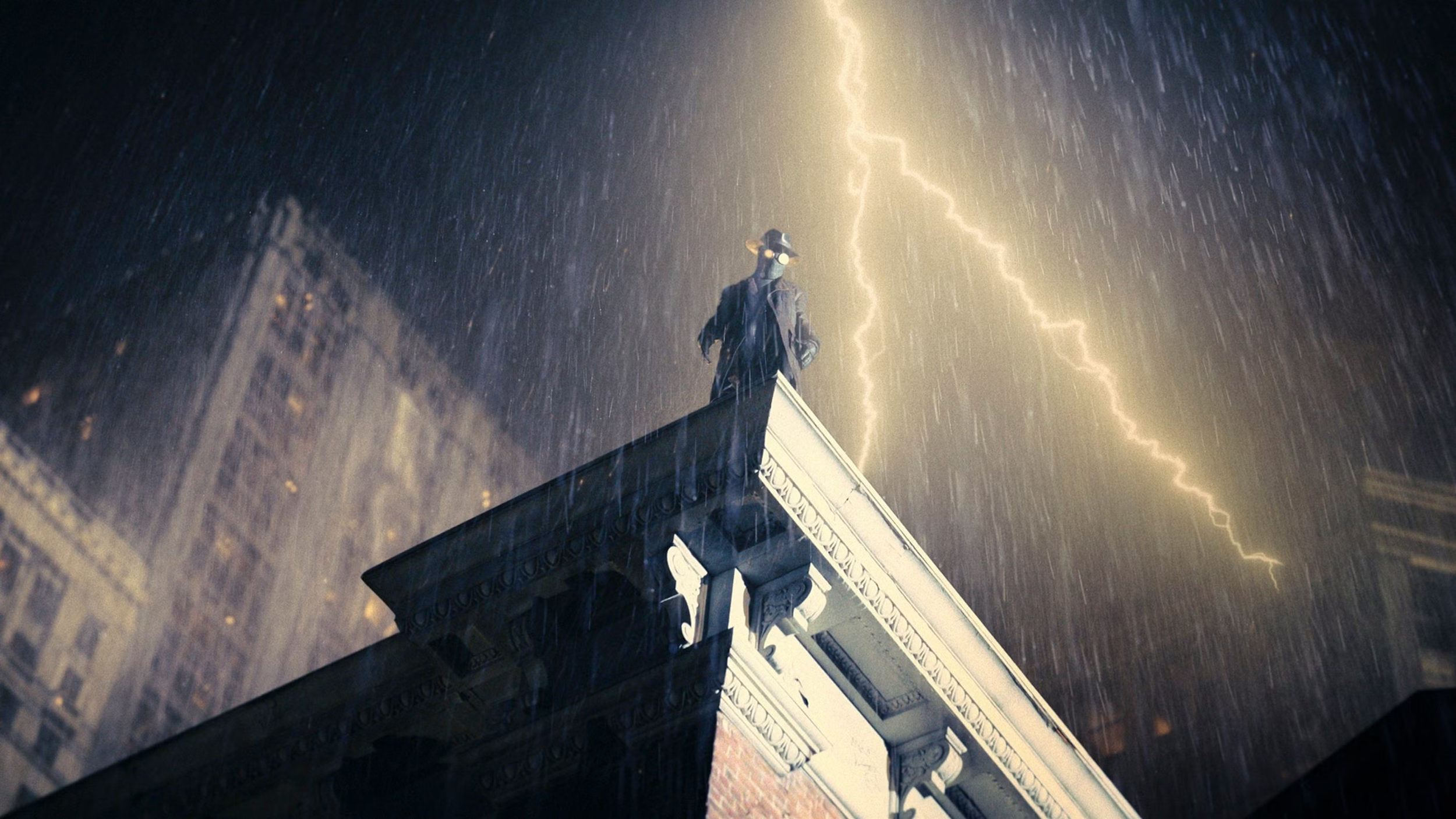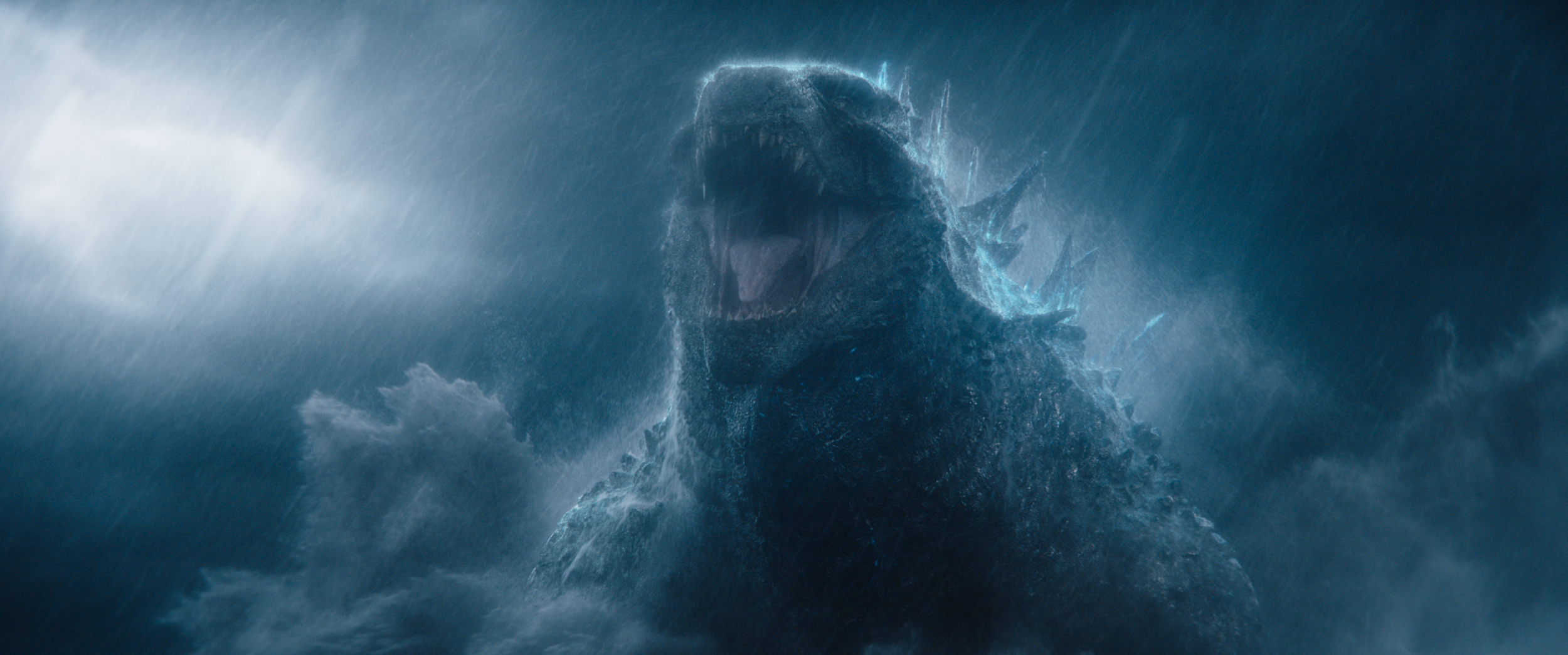Orphan Black: Echoes Season 1 Review
When the popular BBC series Orphan Black originally wrapped, there wasn’t any clear sign that the franchise would ever come back. And now, years later, we’ve finally had the chance to reignite its sci-fi spark with Orphan Black: Echoes, receiving an opportunity to retool the classic Orphan Black blueprint while creating its own identity. Thankfully for longtime Orphan Black fans (or even genre fans), it managed to live up to our already high expectations.
A Worthy Re-Entry Point for the World of Orphan Black
The series introduces Lucy, portrayed by the always iconic Krysten Ritter, who awakens in a picturesque yet somewhat eerie cabin. Dr. Kira Manning (yes, that Kira), played by Keeley Hawes is the first to greet Lucy, who quickly realizes that she cannot recall her identity or how she arrived at her current location. As it unfolds, Lucy is ultimately revealed to be the outcome of an intricate process that produces high-resolution 'scans,' indistinguishable from humans, yet lacking their memories.
Over the course of its ten episodes, viewers witness Lucy’s journey as she breaks free from the confines of the organization responsible for her existence. A desperate quest for peace follows, yet her burgeoning life is abruptly threatened when she and her boyfriend Jack, played by Avan Jogia, come under attack. With no option left but to confront her past, Lucy allies with a group of women similarly seeking the truth about their own somewhat connected origins. This coalition plunges them into a high-stakes mission that is laden with suspense and emotional weight, as they uncover the shocking realities behind their creation. Sure, not every performance and character reaches their full potential, but the core crew still manages to handle the bulk of the heavy-lifting.
A Generational Twist
While divisive to its pre-existing audience, Orphan Black: Echoes mostly presents a compelling generational twist that expands the narrative landscape of its predecessor by focusing on the next wave of clones, inspired by the original series. Central to this exploration is Lucy, along with standout character Jules (Amanda Fix), and the underestimated Eleanor (Rya Kihlstedt), clones that share a deep-rooted connection to Kira, the daughter of the beloved original protagonist, Sarah Manning. This familial lineage not only heightens the stakes but also allows for a profound examination of identity, as these characters navigate the implications of their genetic heritage while grappling with the emotional legacies left behind.
By delving into the dynamics of this new generation of clones, the series emphasizes how the past continues to reverberate through their lives and choices. However, some moments feel too over-indulgent in connecting the dots to past characters, and that doesn’t quite fit into the tone of this new series. In some ways, this is fine, because nostalgia is partially expected—but it can also pull viewers out of this new era.
The emotional depth of Echoes is further enhanced through its sincere depictions of grief, particularly in how Lucy, Jules, and Eleanor confront their shared existence amidst the shadows of their predecessor. Each character approaches their grief uniquely, reflecting the complexities of loss when one's existence is anchored in the struggles and sacrifices of others. This exploration not only resonates on a personal level but also serves as a commentary on the wider implications of cloning, as they wrestle with the emotional weight of Kira’s choices. As they unearth the stories and traumas of their past and origins, audiences witness a kaleidoscope of genuine feelings that breathe life into their shared narrative. Especially when it comes to Kira and Eleanor’s heavy trajectory.
More importantly, identity in Orphan Black: Echoes becomes a nuanced interplay between self and the collective experience of their lineage. The series deftly navigates questions of autonomy and self-discovery as Lucy, Jules, and Eleanor grapple with who they are versus who they were designed to be. Their journeys are filled with challenges that force them to confront their individuality while being intrinsically linked to Kira’s intended legacy.
Room to Evolve
While Orphan Black: Echoes has established a competent narrative foundation through the introduction of various anchor characters, there are a few missed opportunities when it comes to its abrupt conclusion. And, as viewers have seen with the unveiling of the clone system, each character possesses unique motivations and complexities that can be further explored in a potential second season. But not everyone has that privilege.
With only three main characters at play—the series makes a risky move by killing Jules, a pivotal figure, which not only serves as a significant plot twist but also stops the series from digging deeper into one of its best assets. While we expect bloodshed from the clones, this first season could have definitely benefitted from building a stronger viewer attachment to these characters before pulling the rug out from under its audience if/when a second season comes to fruition.
Score: 6.5/10
When it’s at its best, Orphan Black: Echoes is a fresh, heavy-hitting sci-fi series that lives up to its predecessor. When at its worst, it stumbles by underutilizing its best characters.








